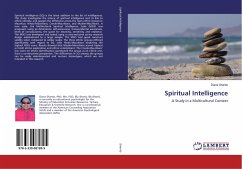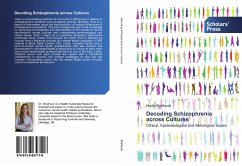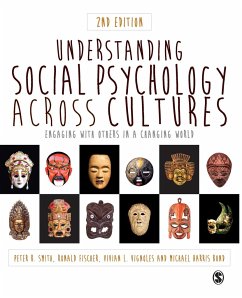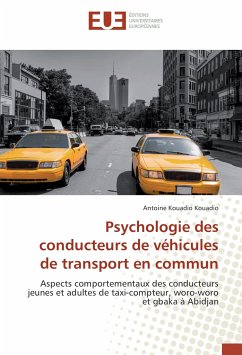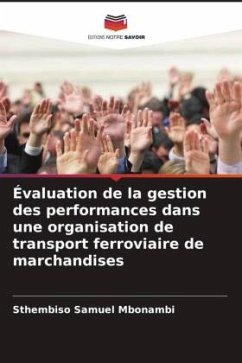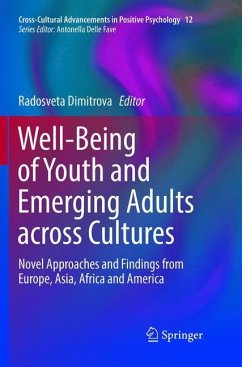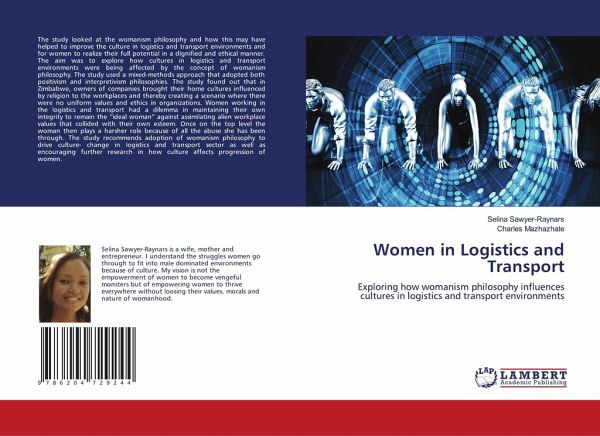
Women in Logistics and Transport
Exploring how womanism philosophy influences cultures in logistics and transport environments
Versandkostenfrei!
Versandfertig in 6-10 Tagen
40,99 €
inkl. MwSt.

PAYBACK Punkte
20 °P sammeln!
The study looked at the womanism philosophy and how this may have helped to improve the culture in logistics and transport environments and for women to realize their full potential in a dignified and ethical manner. The aim was to explore how cultures in logistics and transport environments were being affected by the concept of womanism philosophy. The study used a mixed-methods approach that adopted both positivism and interpretivism philosophies. The study found out that in Zimbabwe, owners of companies brought their home cultures influenced by religion to the workplaces and thereby creatin...
The study looked at the womanism philosophy and how this may have helped to improve the culture in logistics and transport environments and for women to realize their full potential in a dignified and ethical manner. The aim was to explore how cultures in logistics and transport environments were being affected by the concept of womanism philosophy. The study used a mixed-methods approach that adopted both positivism and interpretivism philosophies. The study found out that in Zimbabwe, owners of companies brought their home cultures influenced by religion to the workplaces and thereby creating a scenario where there were no uniform values and ethics in organizations. Women working in the logistics and transport had a dilemma in maintaining their own integrity to remain the "ideal woman" against assimilating alien workplace values that collided with their own esteem. Once on the top level the woman then plays a harsher role because of all the abuse she has been through. The studyrecommends adoption of womanism philosophy to drive culture- change in logistics and transport sector as well as encouraging further research in how culture affects progression of women.





